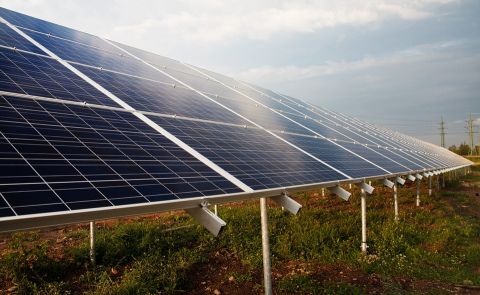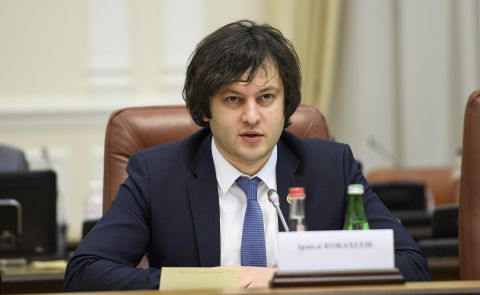
Georgia’s 2020 Elections: Opposition splits in two blocs, EU officials discuss the challenges

On 15 September, the opposition parties in Georgia created two electoral blocs. The United National Movement (UNM), the Republican Party, the State for the People movement, European Democrats and Progress and Freedom have become one electoral bloc, while the People's Party, the Democratic Georgia movement and Kartuli Dasi have joined forces as a second electoral bloc. The first bloc will run in the 2020 parliamentary elections as the bloc called “Strength is in Unity” and the second bloc - as the coalition “Jondi Baghaturia - Kartuli Dasi.”
However, the UNM Chairman Grigol Vashadze guaranteed that the forming of the two opposition blocs is not a split per se. “The public has been wondering for several months whether the united opposition has disintegrated. Here we are, it has not disintegrated, rather forces and resources, including intellectual ones, have been added to it. I promise that this union, created in 2018, will win a decisive victory in the 2020 parliamentary elections so that Georgia can regain its freedom on the path of development,” he stated.
Meanwhile, the EU Parliament held a debate in which the report on the implementation of the EU Association Agreement with Georgia was reviewed and where special emphasis was given to the upcoming elections. The EU High Representative for Foreign Affairs and Security Policy Josep Borell stated that the upcoming elections would be a decisive moment for Georgia to show the “maturity” of its democracy. “I came to Georgia at a difficult time, more difficult than now. Georgia demonstrates democratic strength, economic development, therefore we should welcome the cooperation of the EU Parliament with the Parliament of Georgia which will be elected in October. We should also not be ashamed to remind Georgia that it is necessary to fully implement the reform agenda. Problems at their borders should not be [a reason] not to solve problems that only the Georgian people can solve,” he stated.
The EU parliamentarians also praised what was achieved in Georgia so far for the upcoming elections, but also emphasized what still had to be done. Sven Mikser (Estonia, Socialists and Democrats) said that Georgia had carried out “ambitious reforms and achieved a lot,” but noted that there is a need for freedom of the media and the need for equal access to the media for all political parties during the election campaign season.
Anna Fotyga (Poland, European Conservatives and Reformists) said that despite 'obstacles and difficulties' Georgia maintains its Euro-Atlantic orientation, especially in terms of security and defence. She also called on the Georgian government to hold fair and transparent parliamentary elections and to release the co-founder of the opposition-minded TV channel Mtavari Arkhi Giorgi Rurua.
Viola von Cramon (Germany, Alliance90/Greens) stated that despite the fact that Georgia is a leader in the region, some problems still remain to be solved. “In terms of domestic policy, billionaire Ivanishvili's governance threatens democracy… [and] in terms of foreign policy Russia's protracted hybrid war threatens Georgia's sovereignty with military occupation, creeping annexation and cyber-attacks,” she said, adding that the justice system in the country should be more transparent.
See Also

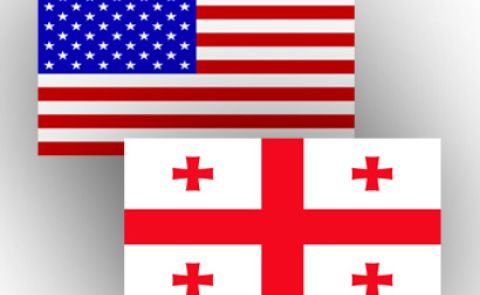
Kobakhidze Meets US Senator Daines to Discuss Bilateral Relations
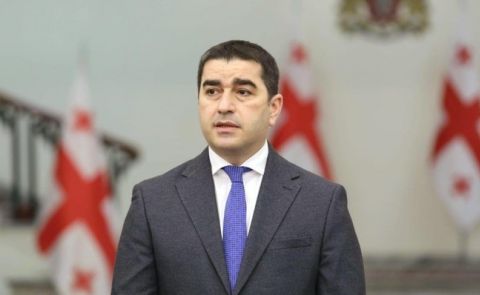
Georgian Speaker Condemns Embassy Travel Warnings as Economic Attack
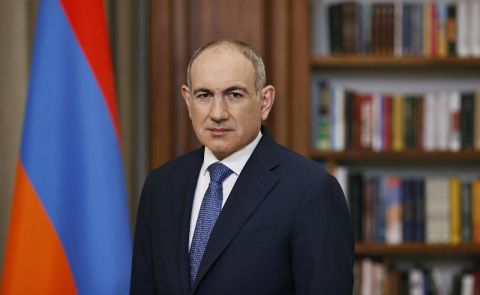
Political Crisis Deepens Between Armenian Government and Apostolic Church After Pashinyan’s Remarks
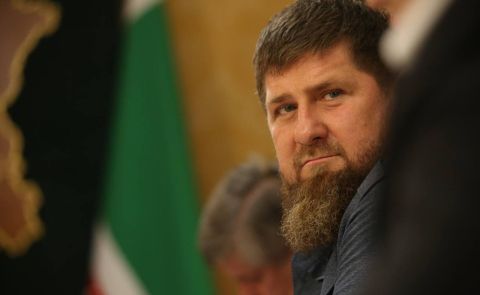
Ramzan Kadyrov Awards Title to Ingush Businessman
